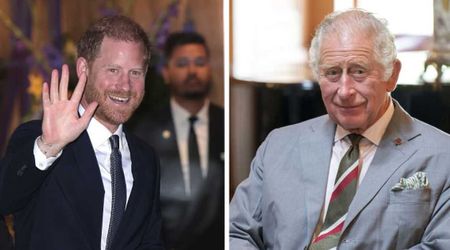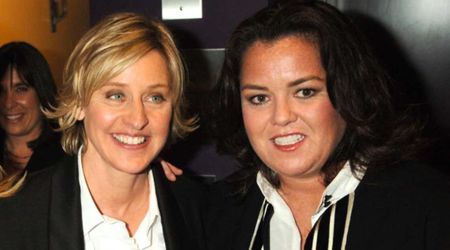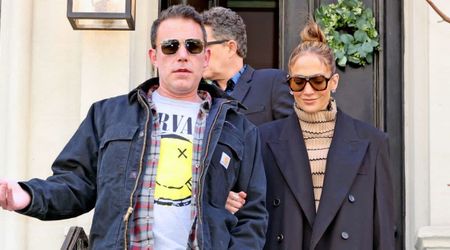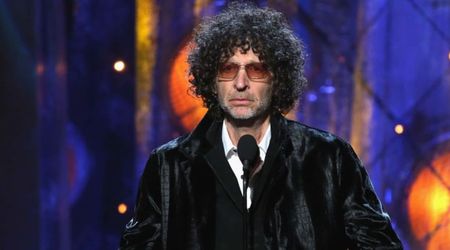Legal expert weighs in on Alec Baldwin’s ‘strongest argument’ as actor seeks dismissal of 'Rust' manslaughter case ahead of July trial
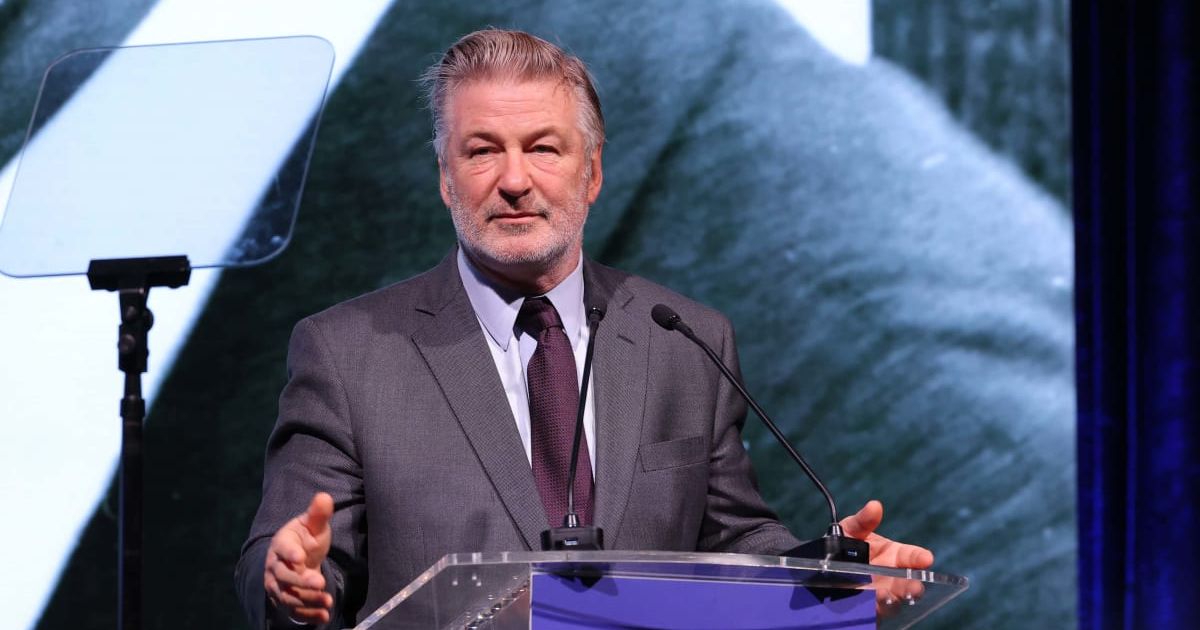
LOS ANGELES, CALIFORNIA: As Alec Baldwin's involuntary manslaughter trial scheduled for July approaches, his legal team is pushing for the dismissal of his case, People reported.
However, legal expert Emily D Baker, a former LA Deputy District Attorney, suggests that such a dismissal is "unlikely" given the broad discretion typically afforded to prosecutors in grand jury proceedings.
Baldwin, 66, who was indicted in January for his role in the accidental shooting death of 'Rust' cinematographer Halyna Hutchins on the film set in 2021.
Alec Baldwin seeks dismissal of 'Rust' manslaughter case

Baker highlights one potential avenue for Baldwin's defense in their argument that the state did not accurately present instructions to the grand jury. She explains that errors in grand jury instructions could potentially lead to an indictment being overturned, making it Baldwin's "strongest argument" for dismissal.
“The strongest argument is the argument that the state did not present the instructions to the grand jury accurately,” Baker said.
“Those are the types of potential errors that can get things overturned. So if there was error in the way the grand jury got the grand jury instructions, that can be an issue that warrants an indictment getting thrown out,” she continues.
The motion to dismiss, filed by Baldwin's lawyers, contends that special prosecutor Kari T Morrissey provided "prejudicial" instructions to the grand jury. Specifically, they argue that Morrissey included italicized language in the instructions that she had previously deemed improper, creating a potential basis for dismissal.
Baldwin’s attorneys claimed in the motion that Morrissey told the grand jury “it must find probable cause as to each of the following elements".
"(1) The target discharged a firearm during the production of the movie without first verifying the firearm contained no live ammunition and while the firearm was pointed in the direction of another, (2) the target should have known the danger involved from the target’s actions, (3) the target acted with a willful disregard for the safety of others, and (4) the target’s act caused the death of Halyna Hutchins.”
“Morrissey included the italicized language even though she had successfully argued to the Court that Baldwin’s requested instruction concerning subjective knowledge was improper because it ‘assumes that the factual basis of negligent act (sic) was failing to check the firearm for live rounds', and that any deviation from the UJI (uniform jury instruction) by inserting such language was unwarranted,” the lawyers continued in the motion.
In Baker's opinion, the prosecution disagrees with the way Baldwin's attorneys have described the incident—he maintains that he didn't pull the trigger and did not know the gun accidentally contained live ammunition.
In response to Baldwin's motion to dismiss, Morrissey and fellow special prosecutor Jason J Lewis contested the claims made by Baldwin's lawyers, asserting that they adhered to uniform jury instructions and accurately presented the required language to the grand jury.
They emphasized that their actions were in accordance with "the instruction and the facts presented to the jury". They dismissed Baldwin's lawyers' assertions as "patently false".
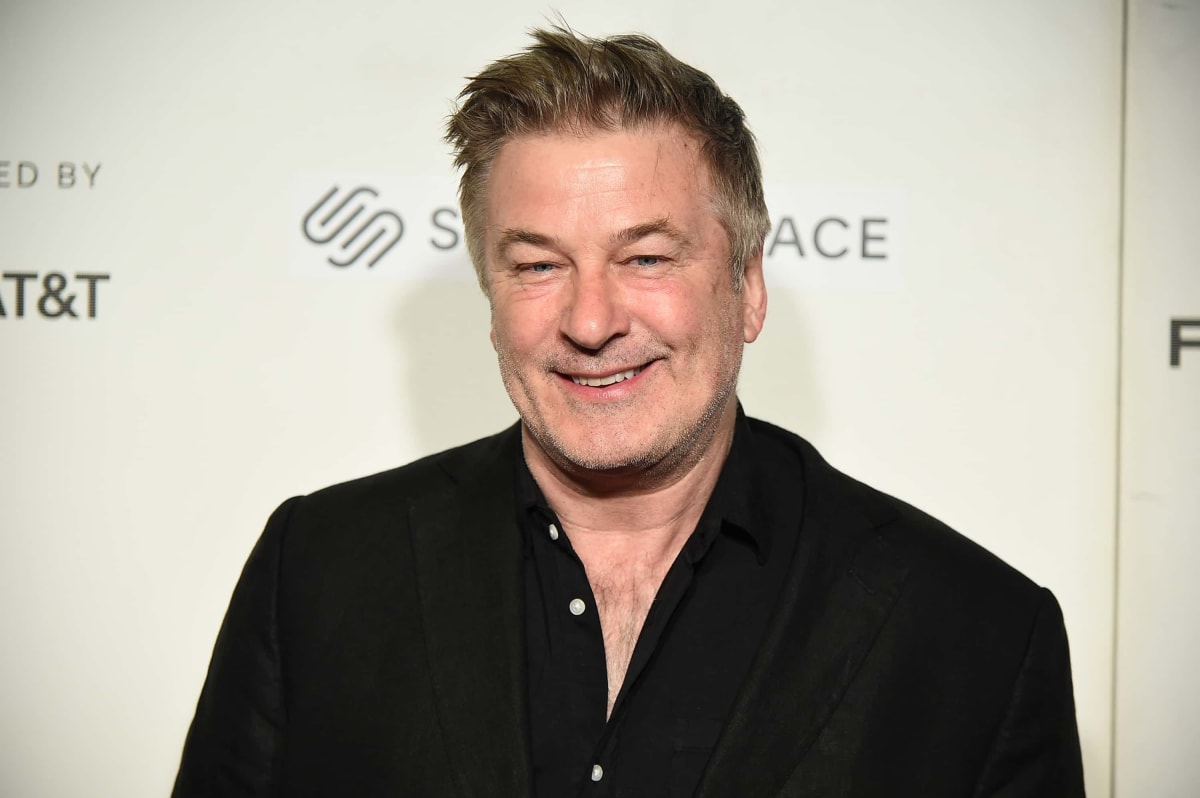
Moving forward, Baldwin's legal team has the opportunity to file a reply to the prosecution's response. Subsequently, Judge Mary Marlowe Sommer will either make a decision based on the filings or schedule a hearing for attorneys from both sides to present their arguments.
“It comes down to a very narrow question of whether that jury instruction was proper or whether that jury instruction violated what the court ordered about the grand jury,” Baker explains.
Despite the uncertainty surrounding the motion, Baker suggests that the legal proceedings may still provide some advantages for Baldwin.
Baldwin's extensive legal team contrasts with the smaller team of special prosecutors Morrissey and Lewis, who recently added Erlinda Johnson to their team.
Baker observes that in civil litigation, there's a common joke about "burying someone in paper," highlighting the disparity in resources. Morrissey and Lewis recently prosecuted 'Rust' armorer Hannah Gutierrez-Reed successfully for involuntary manslaughter, adding to their workload.
With the trial just months away, they're likely stretched thin, managing both cases simultaneously. Baker emphasizes that the prosecution may struggle to keep up with the demands, potentially.
Prosecutors allege lack of emotional control on 'Rust' set
In a recent legal development, prosecutors involved in Alec Baldwin's 'Rust' shooting case have launched a scathing attack on the actor-producer's conduct on set, alleging a lack of emotional control that contributed to safety compromises.
The filing, made public on Monday, April 8, and obtained by People, paints a damning picture of Baldwin, 66, portraying him as "inattentive" during firearms training and prone to "frequently screaming and cursing" while on the set of the western movie.
As Baldwin's legal team seeks to dismiss charges of involuntary manslaughter against him, filed by a New Mexico grand jury in January, prosecutors have responded with accusations of inconsistency and manipulation.
Baldwin, who pleaded not guilty to the charges on January 31, faces up to 18 months in prison if convicted.
The latest filing by prosecutors sheds further light on the complexities of the case, with allegations of contradictory statements from Baldwin over time.



